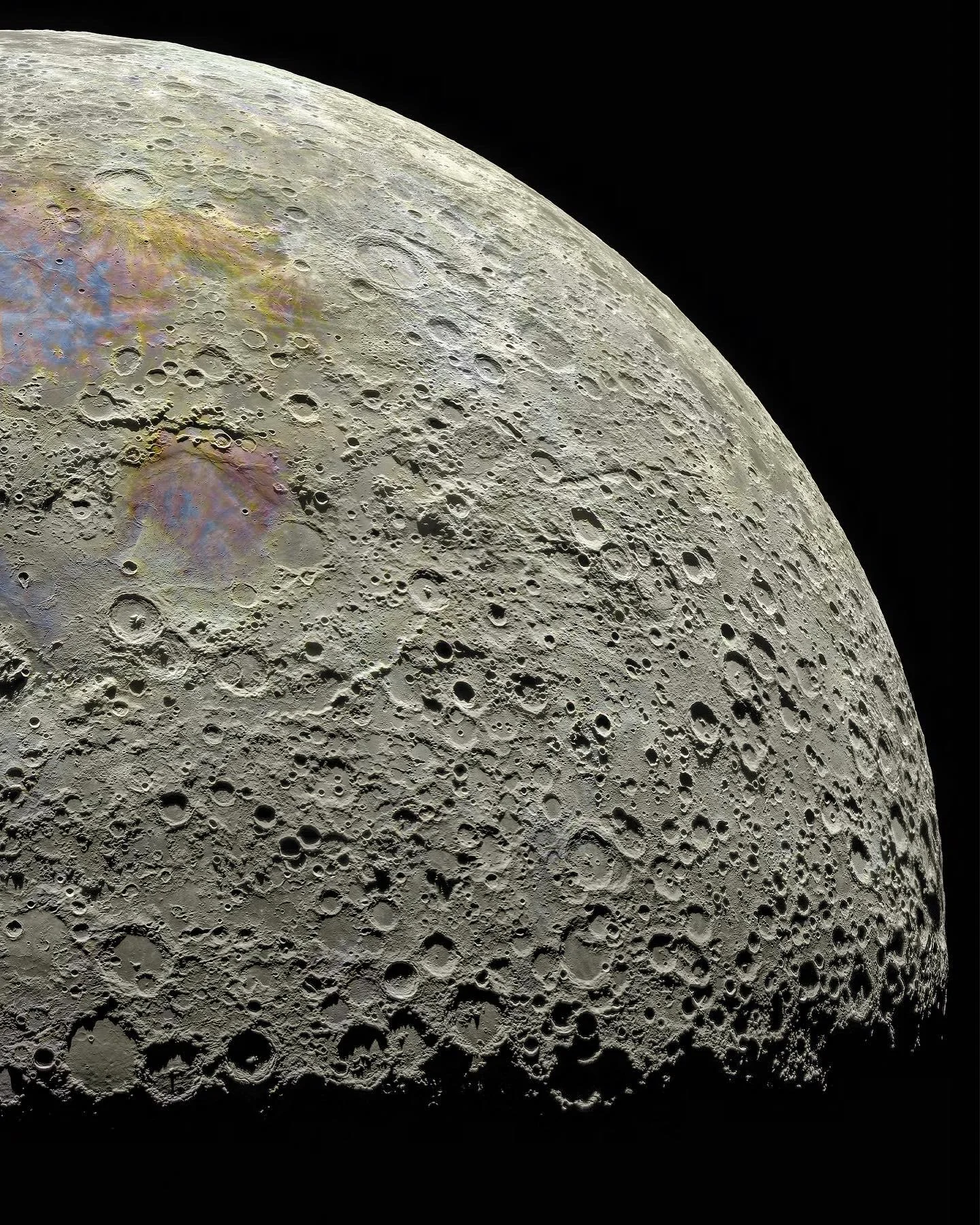this post was submitted on 23 Jun 2024
618 points (98.7% liked)
Astronomy
4101 readers
3 users here now
founded 2 years ago
MODERATORS
you are viewing a single comment's thread
view the rest of the comments
view the rest of the comments



What is it with the blue/violet/red-yellow stuff?
Is this some metallic thing?
Knowing what I know, I am assuming this image was standardised and then normalised (fancy stats algos to keep things in the same visual range) while stitching it together, and the final product enhanced a lot of colouration (saturation). They're subtle or undetectable to the naked eye, but they exist. They are reflected in the different minerals present. I've done this stuff (raster stitching) with different imagery. Op was active in the comments with info, but I didn't read up on it.
Pasted from the Reddit thread:
Those are great explanations!
Yeah when you get into "proper" photography you quickly realize a "real" image is somewhat subjective. This moon is cracked to 1000%, though.
It's true. I did photography as a hobby as a kid and it set me ahead when I started mapping. It's all the same no matter the domain.
Excellent explanation. Appreciate you sharing it!
here's what I'd like to know: would we perceive any of this pigmentation from the lunar surface?